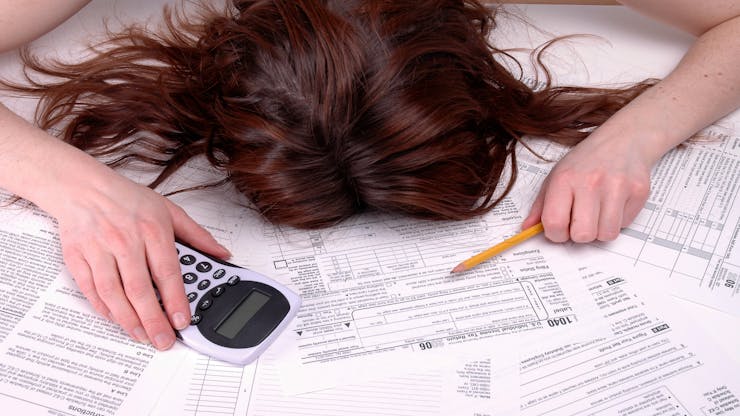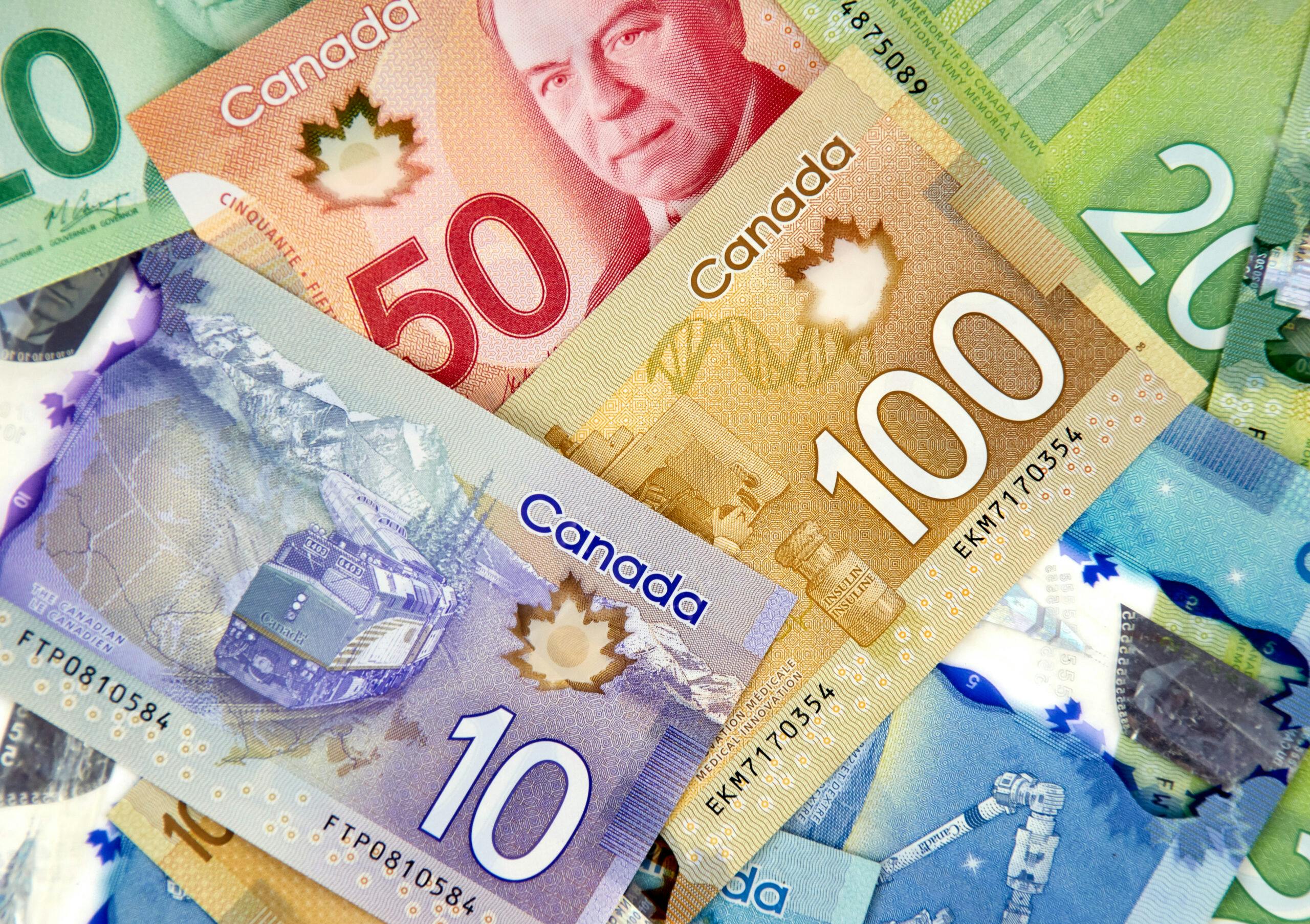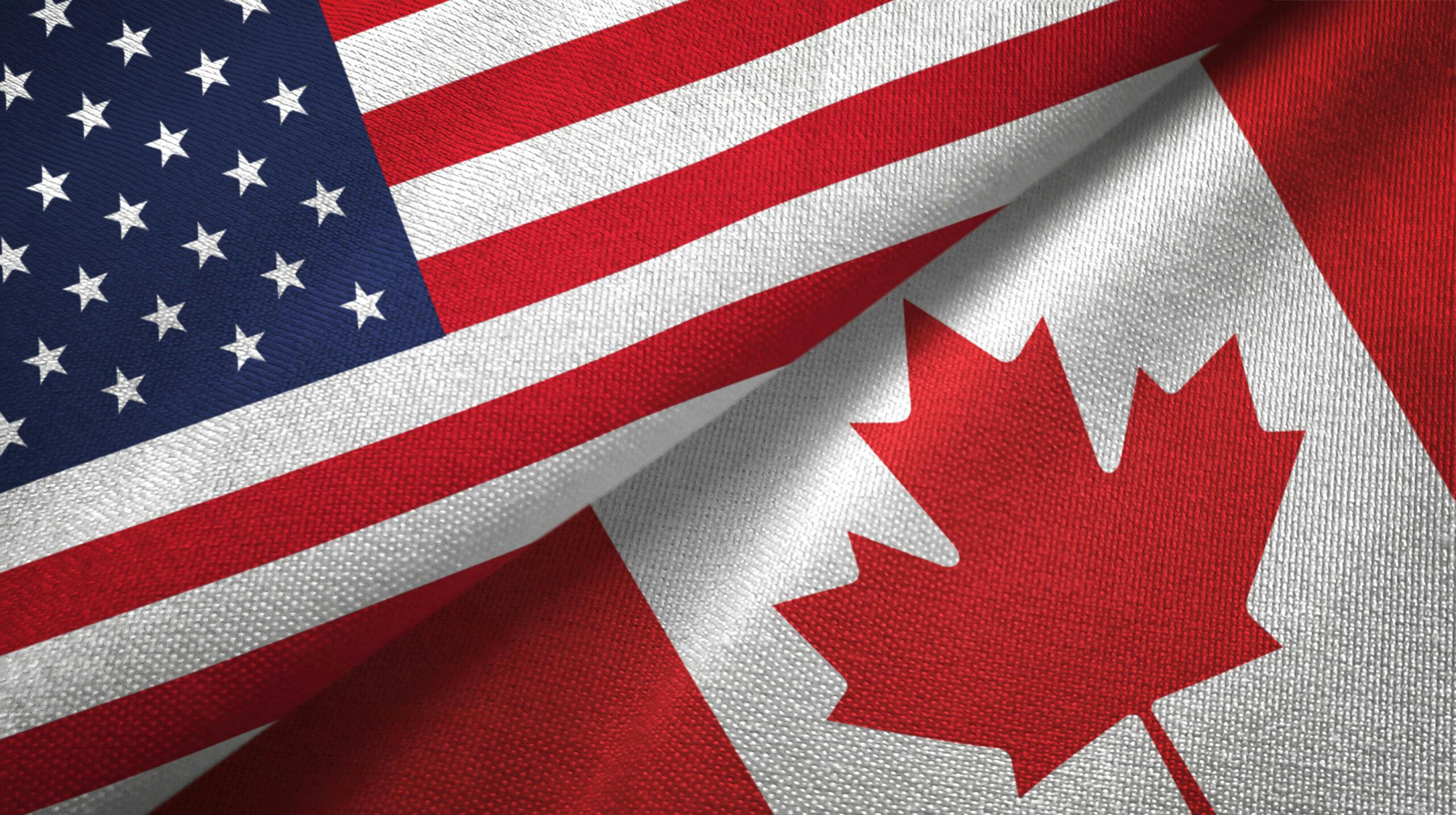Nothing in cannabis life is certain, except death and excise taxes.
But for many craft cannabis producers in Canada, the strain of excise tax has stoked action to amend it for a fairer rate, especially as cannabis prices slump.
Set at $1 per gram for dried flower or 10% of the value of the gram, whichever is higher, the excise tax rate punishes cannabis producers by taking as much as 30% of their top-line revenue, according to a white paper by Lucas Jenkins, Charlotte Bowyer, and CEO of Tantalus Labs Dan Sutton.
Circulated widely among the cannabis growers, the paper warns that a slate of bankruptcies could sweep across the industry, as it did in the US.
“Onerous taxes are not only a unique Canadian industry problem. We have seen the same situation play out in California where a tax burden of up to 40% of the total retail cost has led to widespread bankruptcies, a flourishing illicit market, and tax boycotts,” the paper states.
The problem with taxing weed’s wholesale price
The situation looks increasingly dire for many Canadian cannabis players. Around 254 individual cannabis businesses racked up $73 million in excise debt from March 2019 through March 2022, CRA data shows, according to recent media reports. As of May 2022, roughly $52.4 million remains outstanding.
Another craft producer in Canada wants to see an amendment to the cannabis tax rate that mirrors those enacted on alcohol companies. “This shouldn’t be regarded strictly on a per-gram basis,” says David Marcus, president and founder of Abide.
“Cannabis 2.0 got the idea right of taxing mg of THC rather than a flat tax, but there was no discussion surrounding what that rate should be.”
David Marcus, president and founder of Abide.
Sutton noted in the paper that the excise tax rate should reflect the percentage of sales and consumer price, rather than the wholesale price. He and Marcus agree that the government likely envisioned a 10% tax rate when per-gram rates were stable soon after legalization.
But as the cannabis industry contracted, so did gram prices, while the $1-per-gram excise tax remained the status quo.
Lobbying efforts have ramped up in the past two years, just as Bill C-45 is expected to be reviewed over the next 18 months. A look into Canada’s lobbyist registry reveals that seven cannabis companies engaged with federal politicians last year, as well as several meetings initiated by the Cannabis Council of Canada, that discussed excise tax.
Government bodies are slow to enact changes
In early 2022 Omar Khan, a senior vice president of pot retailer High Tide, met with officials from the Prime Minister’s Office and members of the Official Opposition to advise Ottawa on broadening their economic perspective when regulating cannabis in the future.
“When you talk to them and you let them know that the GDP contribution right now is comparable to auto manufacturing, or to life sciences or even to dairy, when you show them those statistics they’re quite taken aback,” Khan told BNN Bloomberg in an interview.
Most recently, a new report provided by EY Parthenon on behalf of the Cannabis Council of Canada echoes Sutton’s white paper in calling for an overhaul of Canadian cannabis firms’ excise tax rate. It aims to create a single, harmonized federal excise stamp rather than provincial ones, and a reduction of regulatory fees.
As the Globe & Mail notes, there’s no indication Ottawa intends to shift its stance on the excise tax. The only talk of cannabis taxation in the April budget was a nod to the government’s desire to give First Nations the ability to introduce their own levies.
“Health Canada has launched a limited review of regulatory charges, but that exercise doesn’t extend to excise taxes,” the report went on to say.
Regulations vary product to product
Another thorny issue for businesses that make both CBD and THC products, such as Abide, is the distinction in tax regulations.
Abide produces hemp for their CBD products, but the regulations require their CBD products to prove they contain a low-enough THC level to be tax-exempt; if the product contains enough THC, it falls under the excise tax rate.
“If we want to increase the CBD levels to, say, 12%, which pushes the THC limit above the 0.3% threshold to be exempt, then we’re now paying taxes,” say Marcus.
In his professional opinion, dried flower should be taxed around $0.50/g or $0.0025/mg, which is ¼ of the current excise tax rate for extract products.“If it worked for edibles, it should work for dried flower,” Marcus says.








